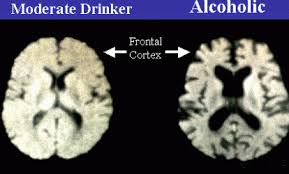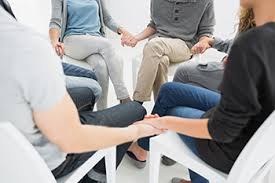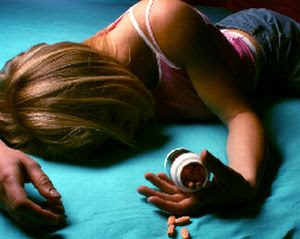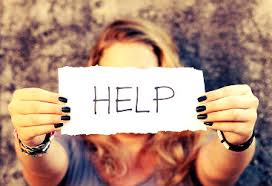Systemic therapy for drug addiction
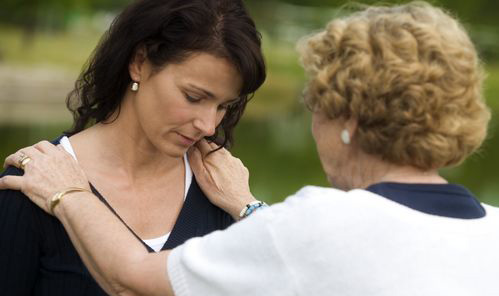
Systemic therapy for drug addiction and emerging family frustrations and pains
Systemic therapy for drug addiction: Employing family therapy
When one individual is sick in the family, the whole family unit is feeling the pain and frustration. The same happens with substance abuse. Doctor Akoury is registering that when handing matters relating to addiction, several treatment approaches can be applied. This article is going to focus on one aspect of treatment known as family therapy. For a better understanding doctor Akoury is going to take us through employing family therapy also known as systematic therapy so that together we are able to join hands together in defeating the addiction menace.
Ordinarily employing family therapy is typically involving all the loved ones to the patient in finding solution to his/her addiction predicaments. It is understandable that families and those in relationships sometimes get into difficulties due to their differences, or feel the strain when loved ones have troubles. The objective of the therapy is to work on these problems expeditiously by encouraging family members and loved ones to help and empathize with each other. They are given the opportunity to understand and appreciate each other’s needs, build on family strengths and ultimately make useful changes in their lives and relationships.
What is family systemic therapies?
Systemic therapy is rooted in family therapy, a therapeutic adaptation of a larger interdisciplinary field known as systems theory.
Systems theory is a study of the complex systems present in nature, science and society, and its framework investigates and describes any group of objects that work together to produce a result. This could be a single organism such as a plant or a single human, or it could apply to a large organization or indeed a family.
While the systems theory and systemic therapy can be applied to individuals, couples and in a variety of other settings, it is most commonly practiced in a family setting, as it doesn’t seek to address people on an individual level and instead focuses on understanding problems in a contextual framework. On this page we will therefore be exploring the use of systemic therapy in a family setting.
Systemic therapy for drug addiction: How can family therapy help?
Family therapy and systemic practice supports the notion that family relationships form a key part of the emotional health of each member within that family. This type of therapy can help people who care for each other find ways to cope collaboratively with any distress, misunderstanding and pain that is affecting their relationships and putting a strain on the family unit.
Common problems that a family therapist will work with include stressful and traumatic life events such as: divorce and separation, illness or death of a loved one, and transitional stages of family development that can cause pain and upset. Work and school-related problems, psychosexual difficulties and parent-child conflict can also be explored through family therapy.
Family therapists may also work alongside health professionals to address specific conditions such as ADHD, eating disorders, addictions, depression, and any other conditions that may be having a damaging effect on family life. This makes family therapy useful for times of crisis and long-standing problems that are taking their toll on the family. And for more and detailed professional assistance doctor Akoury will be waiting for your call.
Systemic therapy for drug addiction: Employing family therapy
http://www.awaremednetwork.com/


